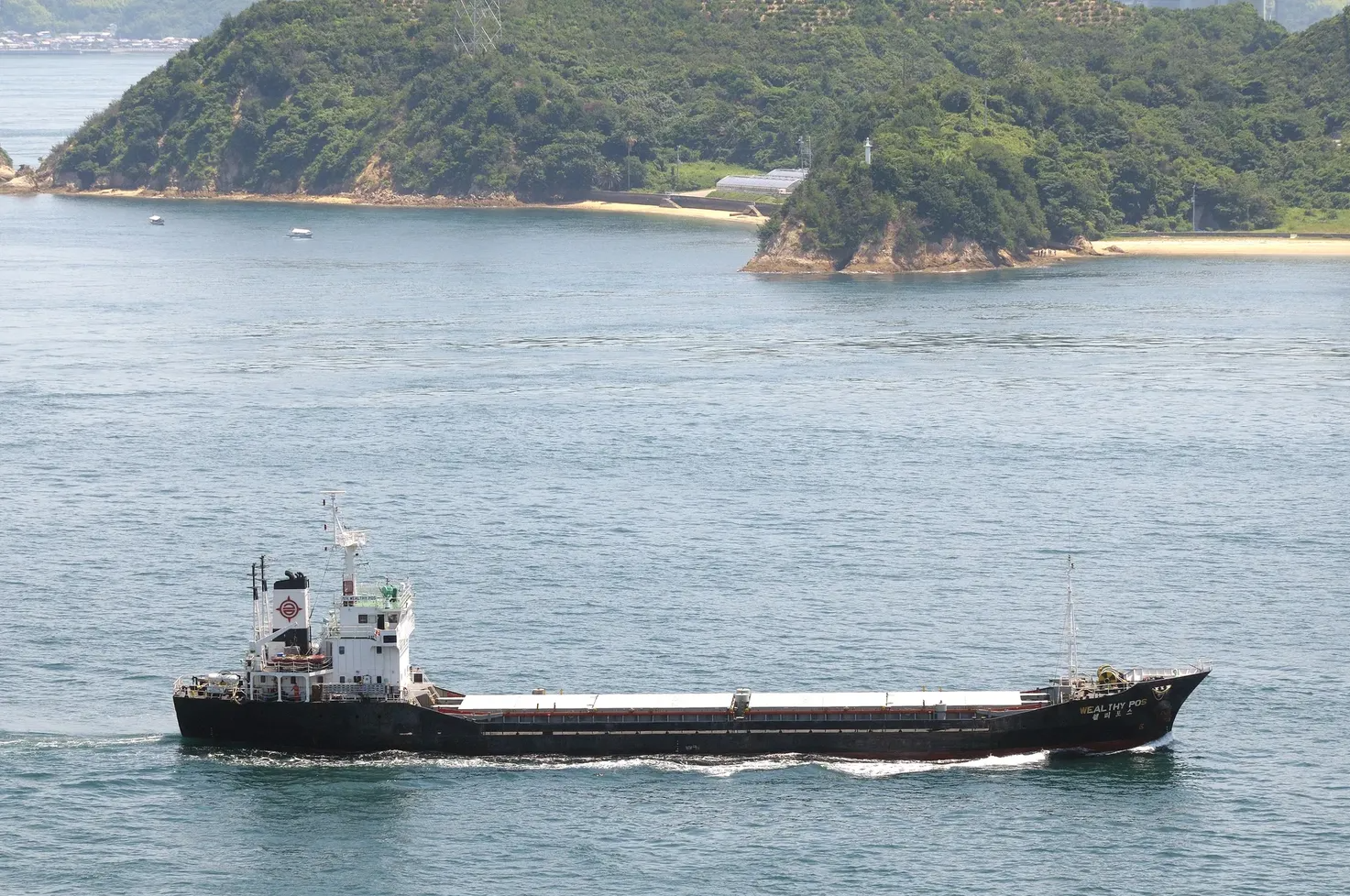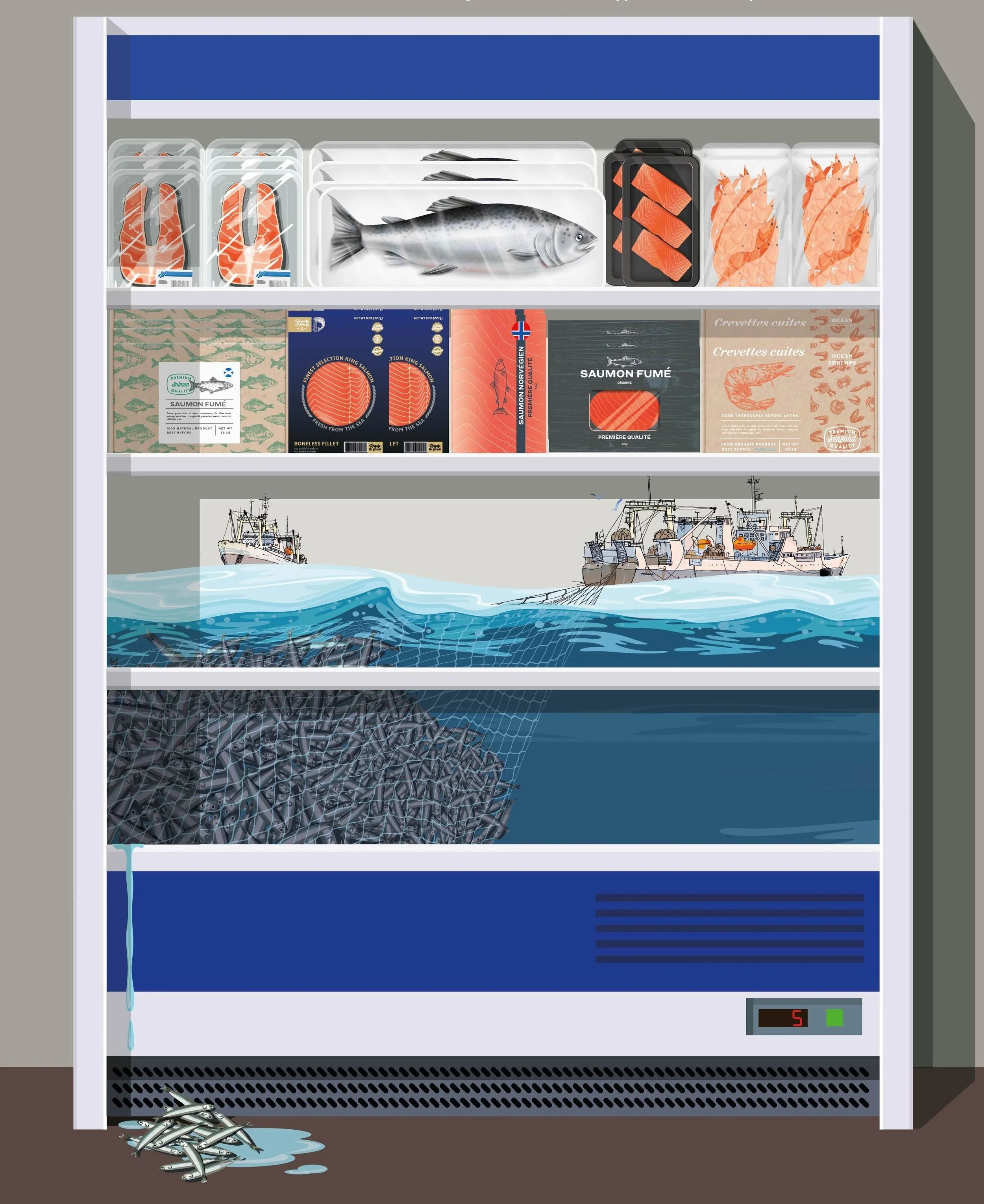At the ports of Dakar and Bissau, the Turkish cargo ship Hanfeng 88 illustrates opaque trade practices. Behind its routine rotations lies the export of fishmeal from overexploited stocks, to the detriment of food security, marine ecosystems, and local small-scale fisheries.
Senegal fishers lodge a complaint against energy companies for failing to exercise due diligence in their GTA project
African and European stakeholders call for the development of a regulatory framework for sustainable fisheries joint ventures
Senegal's exports of fishmeal and fish oil "explode"
Liberian artisanal fishers oppose further unravelling of their fishing zone to let trawlers in
In April 2024, the Liberian National Fisheries and Aquaculture Authority (NaFAA) invited several fisheries stakeholders to validate a draft fisheries management plan for a multi-species deep-water shrimp fishery, which are very vulnerable and already over-exploited. LAFA deplores the absence of an appropriate stakeholder engagement during the development of the plan.
Publication of the list of vessels authorised to fish in Senegal: "The fight for transparency in fisheries is only beginning"
Senegalese civil society outlines the challenges of the new president's programme for small-scale fisheries
The message from African artisanal fishers to the FAO: "Sardinella should be reserved for small-scale fishers, for human consumption, not for fishmeal"
The FAO organised a workshop in Accra (Ghana) from 5 to 7 December on the theme: "Optimising food and nutritional security and the benefits of small pelagic species production in sub-Saharan Africa". In a joint presentation, CAOPA and CFFA warned of the impact of the decline in sardinella in West Africa on fishers, women fish processors and consumers.
Senegalese small-scale fishers denounce the granting of new fishing licences
Artisanal Fishing Local Councils “CLPA”: the fight to preserve the marine ecosystem
Since 2010, Senegal has set up CLPAs as a fisheries co-management system. They aim to resolve problems at local level and involve fishers in monitoring, control, and surveillance. However, there is a lack of resources for this system to be implemented effectively. An article by journalist Paule Kadja Traoré.
"The European Union must be credible and demonstrate that EU taxpayer’s money is well spent in support of sustainable fishing”
From 8 different African countries, representatives of coastal fishing communities participated to a seminar on the external dimension of the CFP hosted by the EU Long Distance Fisheries Advisory Council (LDAC) in Sweden and then travelled to Brussels where they exchanged with decision-makers from the Commission and the European Parliament.





















